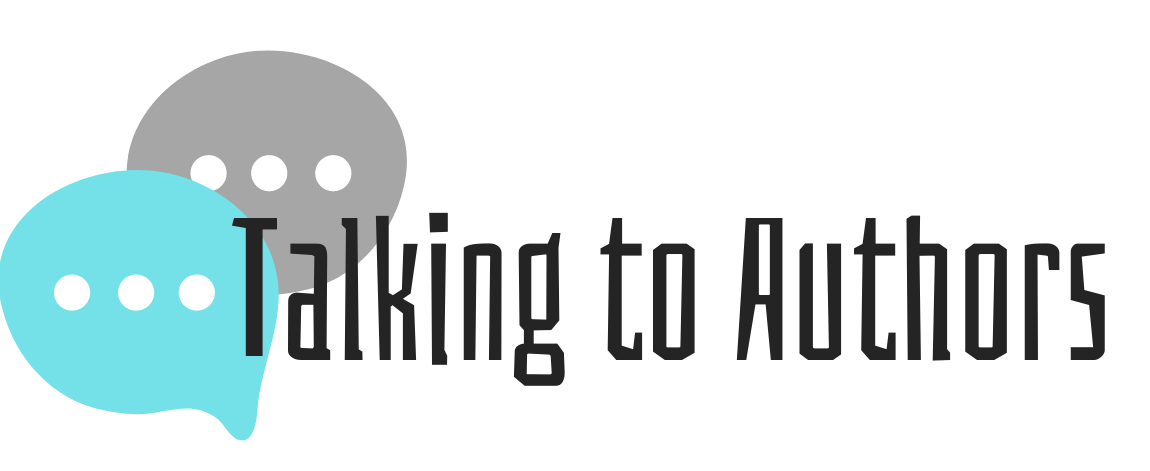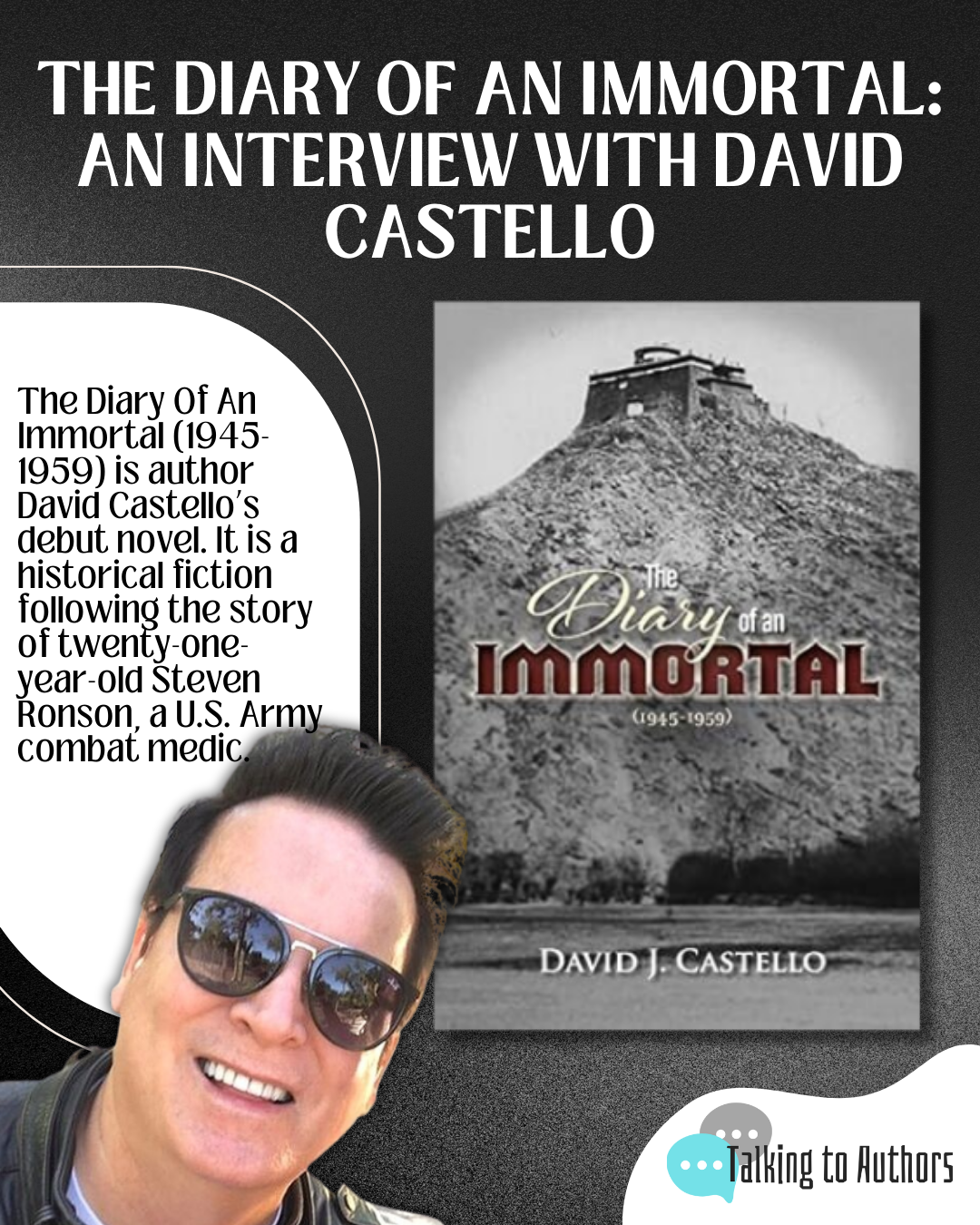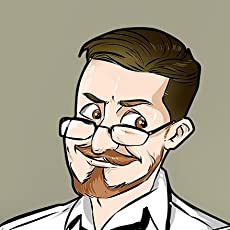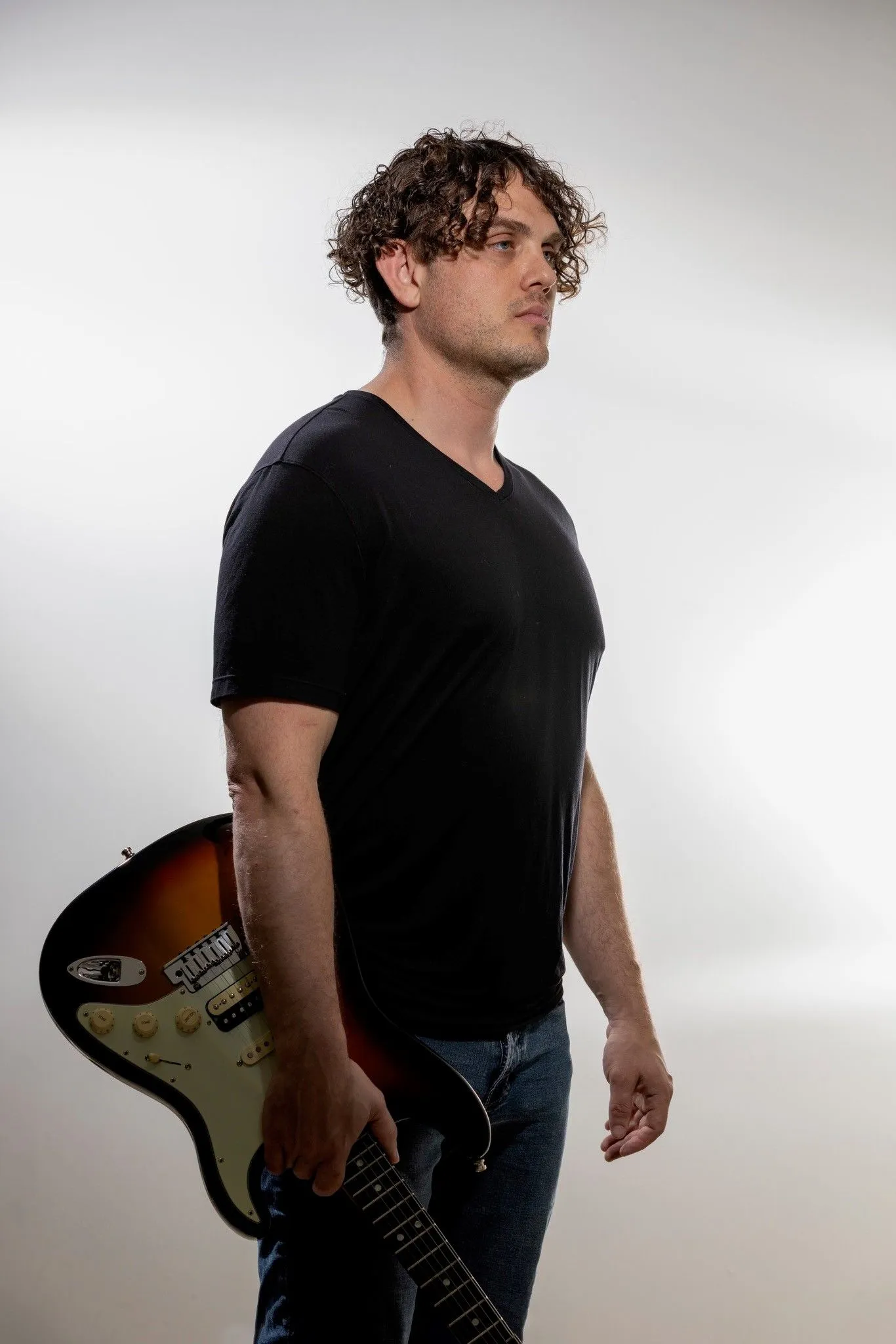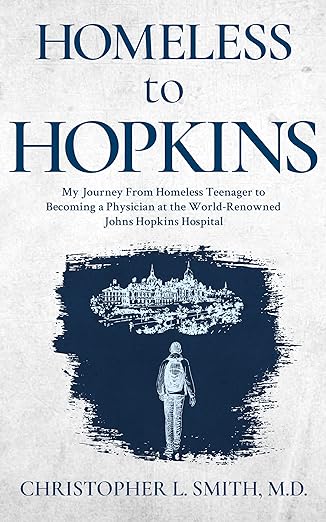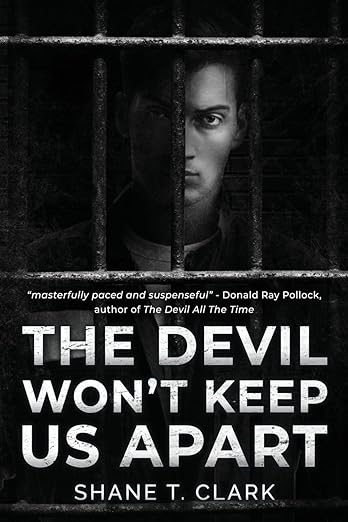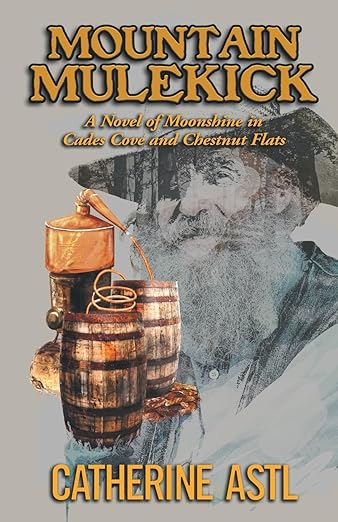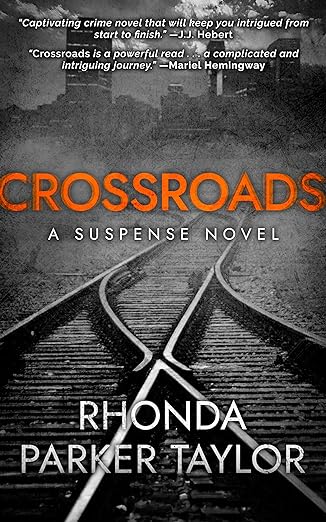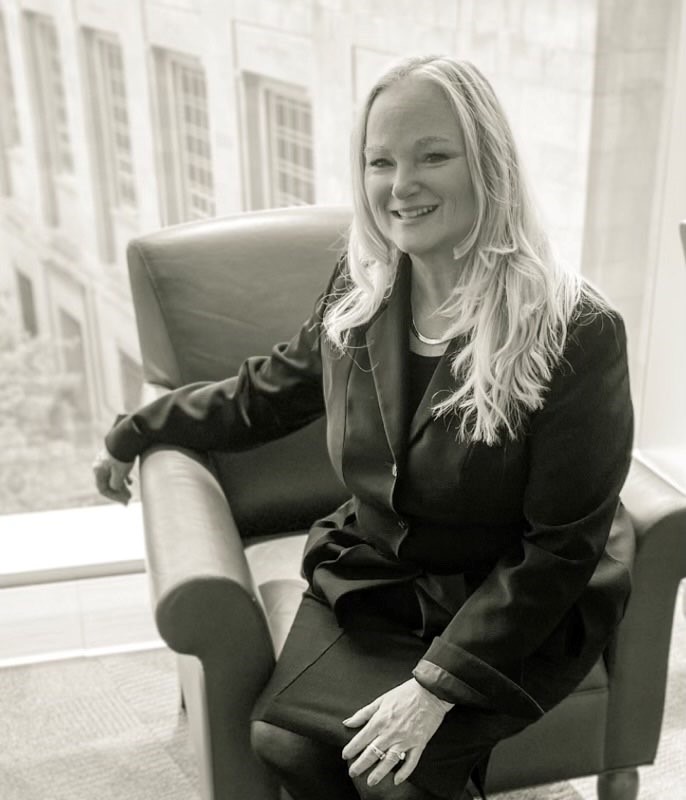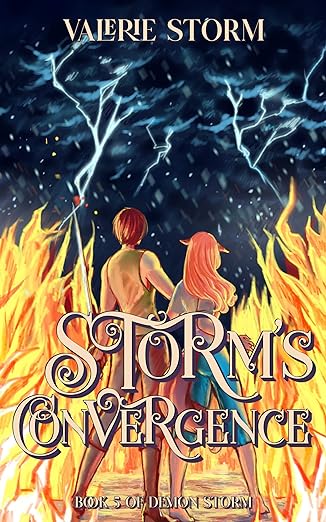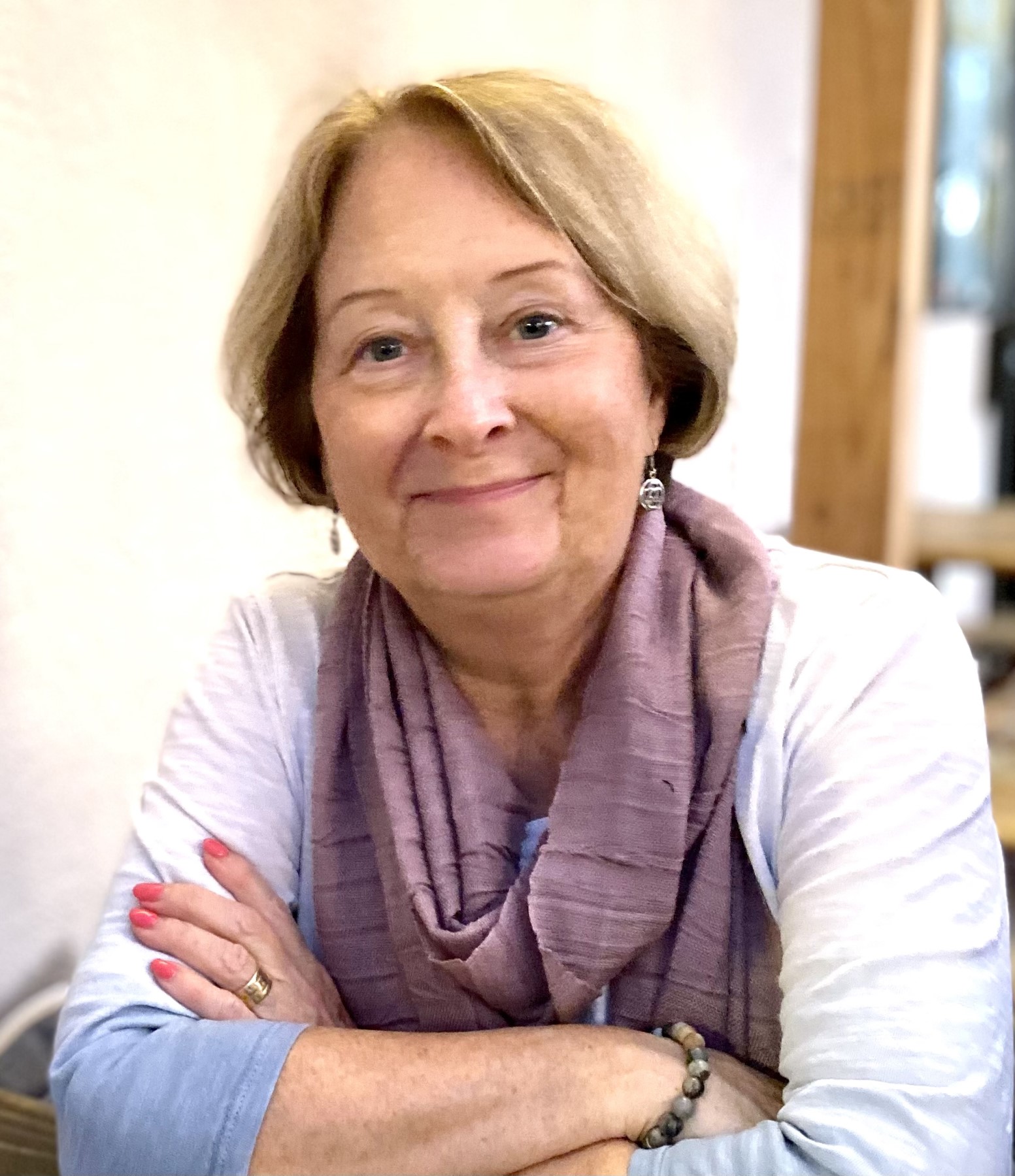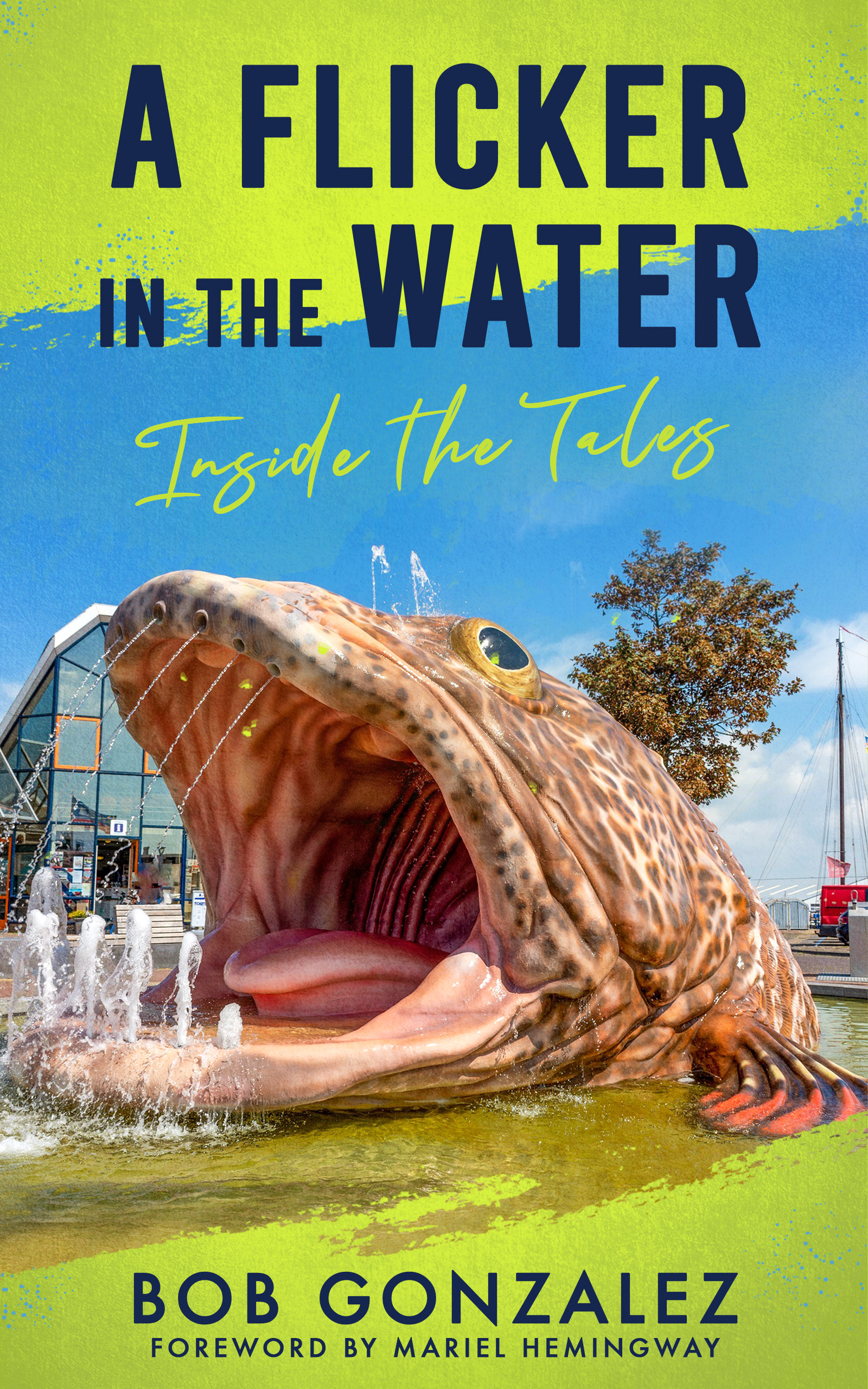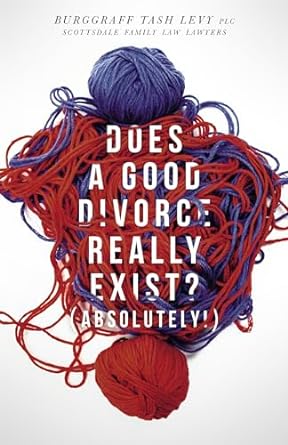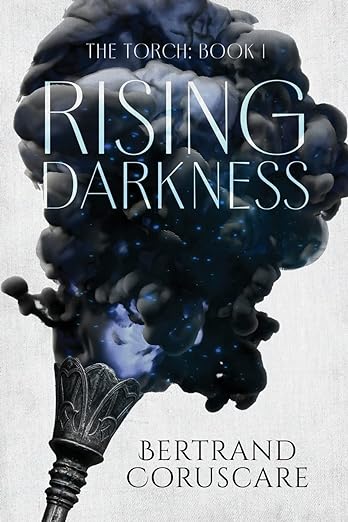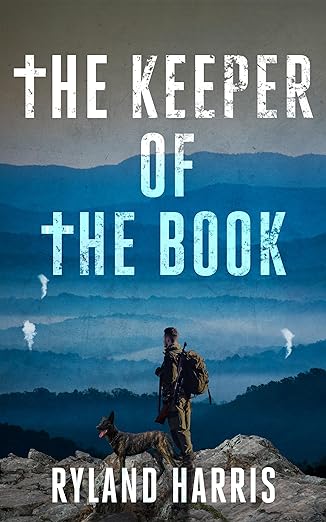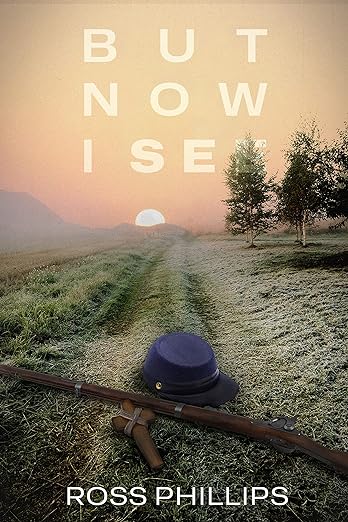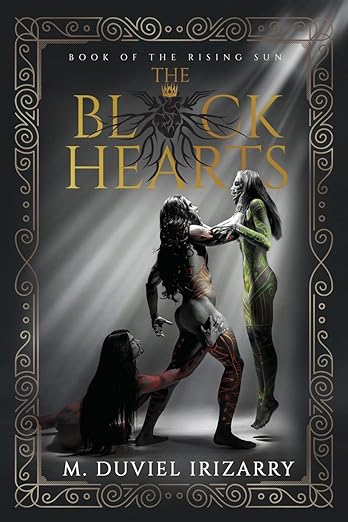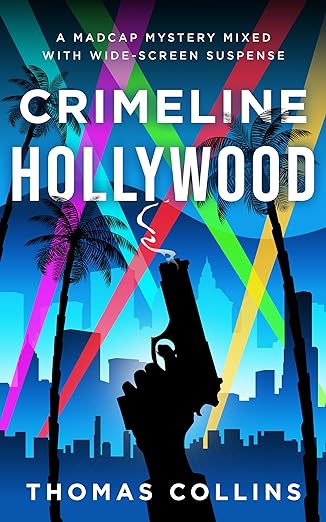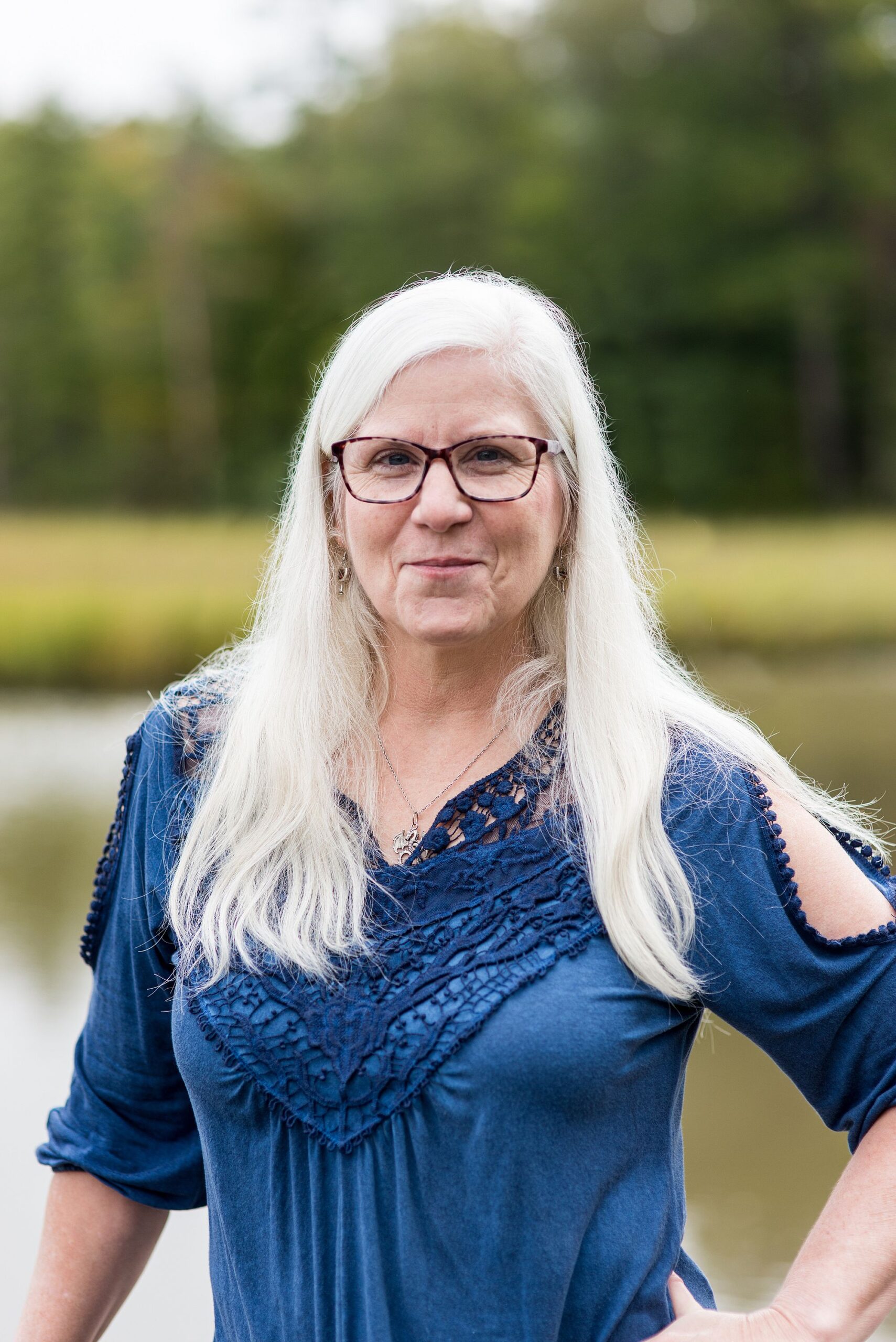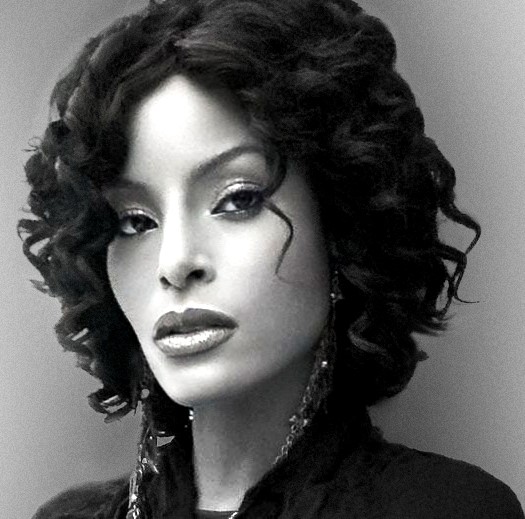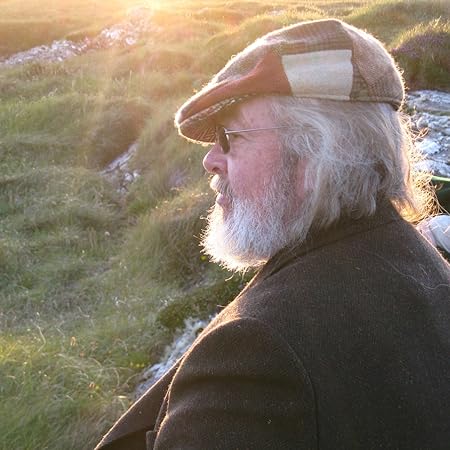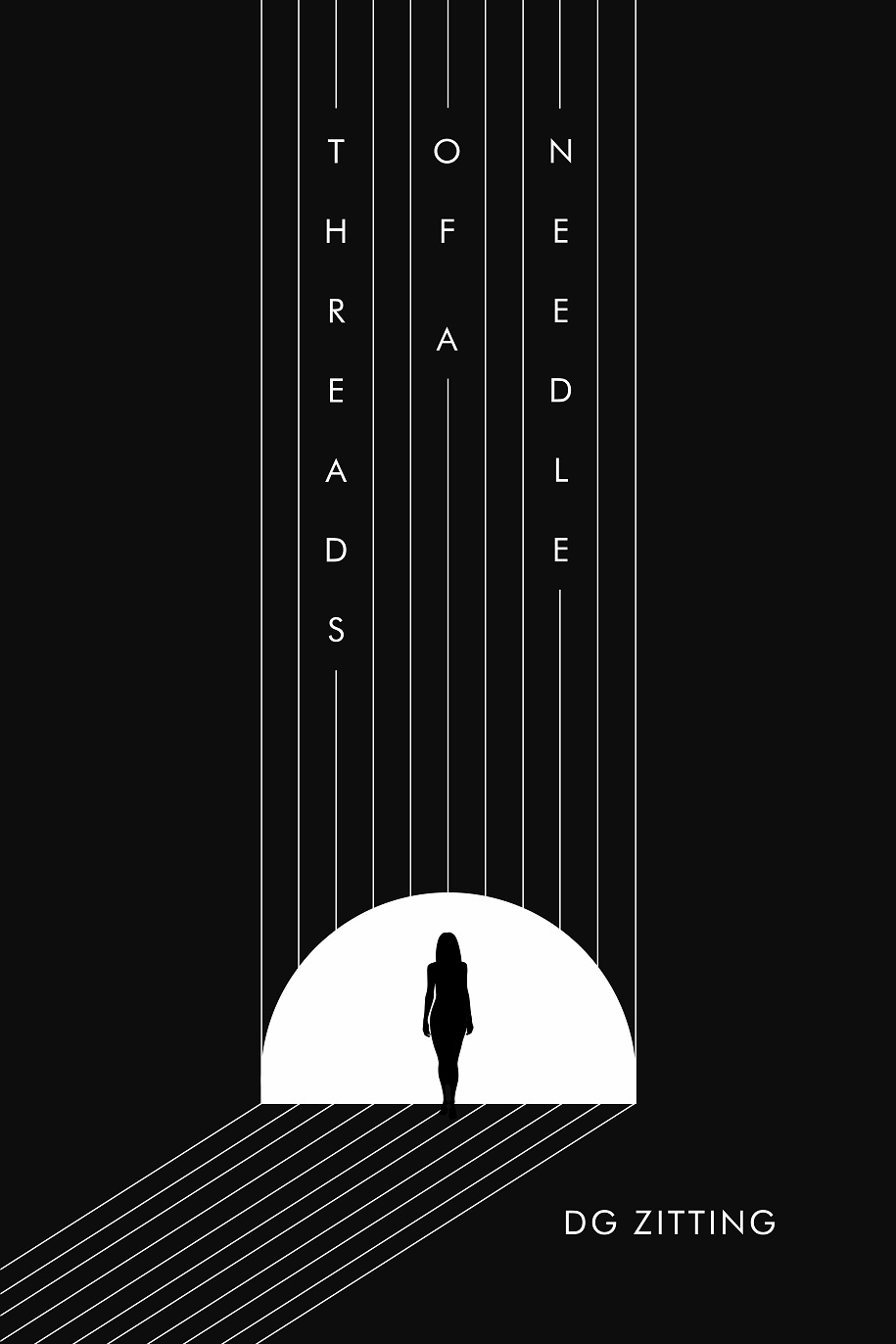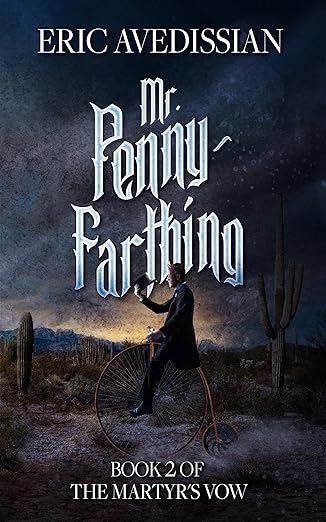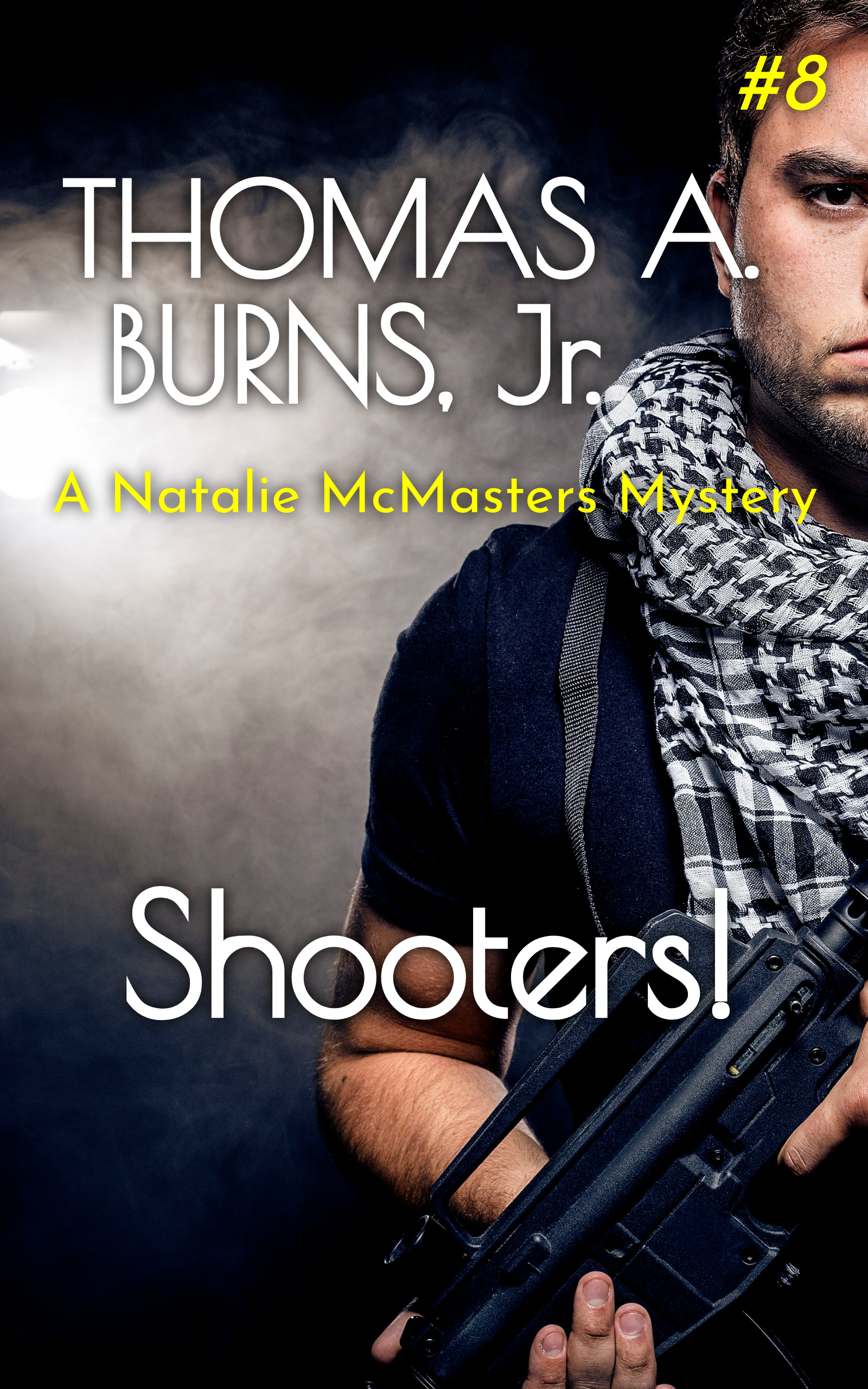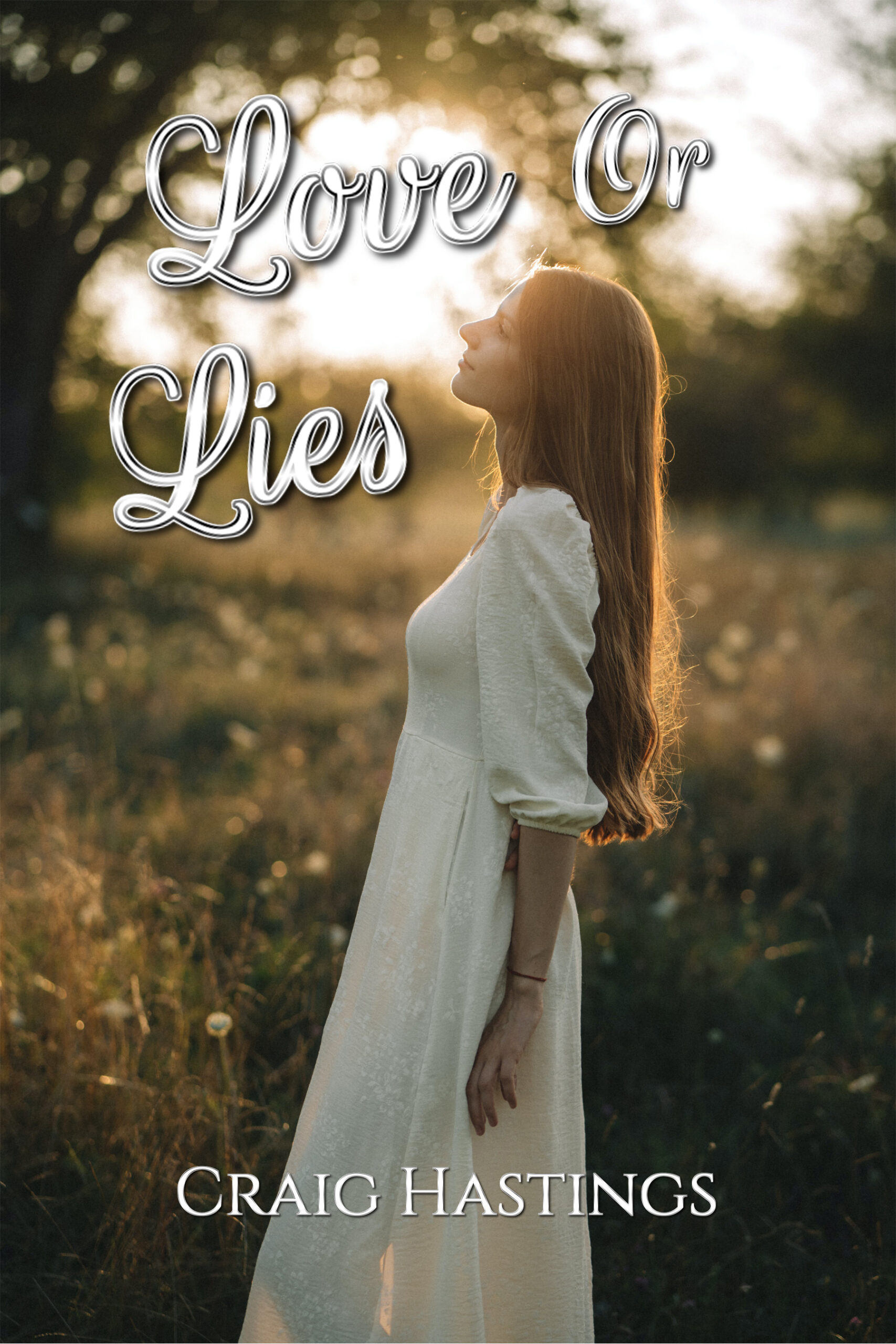Despite much previous writing experience, The Diary Of An Immortal (1945-1959) is author David Castello’s debut novel. It is a historical fiction following the story of twenty-one-year-old Steven Ronson, a U.S. Army combat medic. In the story, he discovers an immortality formula that was designed for Adolf Hitler during the liberation of the Dachau concentration camp in April of 1945. The book follows Steven’s travels and self-discovery of his new fantastical abilities, and the suspenseful, thrilling journey he faces, preventing a repeat of history. In this interview we gain some background on the author, as well as learn a little more about his book.
What’s your favorite quote from your book?
“Evil is selfishness to the point of destruction.” It’s in the epigraph for my novel, The Diary Of An Immortal (1945-1959). “Art is never finished, only abandoned.” – Leonardo DaVinci
As a child, what did you want to do when you grew up?
I wanted to be an archaeologist.
When did you write your first book and how old were you?
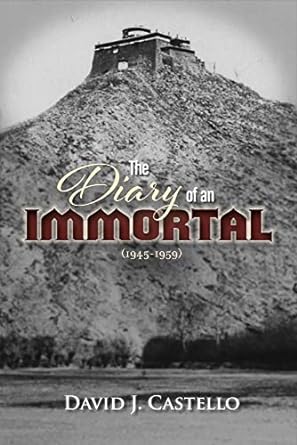 The Diary Of An Immortal (1945-1959) is my debut novel, but I’ve written hundreds of articles for the CCIN network (Nashville.com, Whisky.com, Bullion.com, Traveler.com, etc) where I am the Editor-in-Chief and COO. On December, 7, 2016, The Daily Beast featured my article “The Man Who Tried To Stop Pearl Harbor” to commemorate the 75th anniversary of the attack.
The Diary Of An Immortal (1945-1959) is my debut novel, but I’ve written hundreds of articles for the CCIN network (Nashville.com, Whisky.com, Bullion.com, Traveler.com, etc) where I am the Editor-in-Chief and COO. On December, 7, 2016, The Daily Beast featured my article “The Man Who Tried To Stop Pearl Harbor” to commemorate the 75th anniversary of the attack.
How did you begin writing? Did you intend to become an author, or do you have a specific reason for writing each book?
I wrote my first newspaper story for the Boynton Beach Star (Florida) when I was twelve about a Civil War slave cemetery. I intended to major in Journalism at the University of North Carolina in Chapel Hill, but I got sidelined by my music career (drummer). The Diary Of An Immortal (1945-1959) was inspired by a dream I had that was so bizarre that I decided to write it down and didn’t stop until I had a 98,000 word novel.
What would you say is your interesting writing quirk?
I lose track of time when I write. I slip into this twilight zone state-of-mind and hours will pass when it feels like minutes.
Do you like to create books for adults, youth and/or children? Why?
Adults. More realistic for me and I prefer not to be bound by limitations on violence, profanity, etc.
How long does it take you to write a book?
The Diary Of An Immortal (1945-1959) took years because it was inspired by a series of dreams and I was in no hurry to finish it. However, there is a sequel and my intuition tells me it will take about six months to complete.
How many hours a day to you devote to writing? Do you write a draft on paper or at a keyboard (typewriter or computer)?
I write on my computer and prefer to write between 9am until Noon.
What does your family think of your writing?
They love it. My mother is a huge fan and whenever I’d visit her she’d jump on my computer the second I took a break. I didn’t know she was doing it until I sat back down on my computer and realized that the page displayed was not the page I’d been editing.
What do you like to do when you’re not writing?
I’m a professional drummer and I love to travel.
What do you think makes a good story?
Making the reader care. Yes, writers care about what they create, but making a complete stranger emotional about your writing is paramount.
What was one of the most surprising things you learned in writing your book?
I don’t get writers’ block. I back up a chapter, get back into character and the momentum of the story will carry me forward.
What authors do you like to read? What books have had a strong influence on you or your writing?
Favorite three off the top of my head would be: The Rise and Fall of the Third Reich (William Shirer), A Night To Remember (Walter Lord) and Goodbye Darkness (William Manchester).
Do you hear from your readers much? What kinds of things do they say?
Yes, I do and I love it. My favorite feedback is those who say my novel caught them off guard and made them re-think their perspectives about life, death and love. Some conservative religious readers had a problem with parts of it, but my intention was not to upset anyone.
Where do you get your information or ideas for your books?
I write fiction, but much, if not most, of my book is quite factual. Historical accuracy is a top priority for me. I find that it makes a fiction book more believable. I am a voracious reader of historical books and eyewitness accounts.
Do you have any suggestions to help one become a better writer? If so, what are they?
Never try to write a book. Simply tell a story, but make it so impassioned that the reader believes and feels your emotions.
Do you meet your readers at book signings, conventions, or similar events?
Not yet, but I am looking forward to it!
Tell us about your most recent book.
During the liberation of the Dachau concentration camp in April 1945, a US Army medic discovers a Nazi immortality formula designed for Adolf Hitler. He begins consuming the formula and traces its origin to a monastery in China where he learns mankind’s oldest secrets and encounters an underground race of immortals planning world domination.
What’s more important: characters or plot?
Both. They are equally top priorities. However, I find that the stronger the plot the stronger the character. There is definitely a synergistic relationship between the two.
How do books get published?
Mine is self-published (BookBaby). Great company.
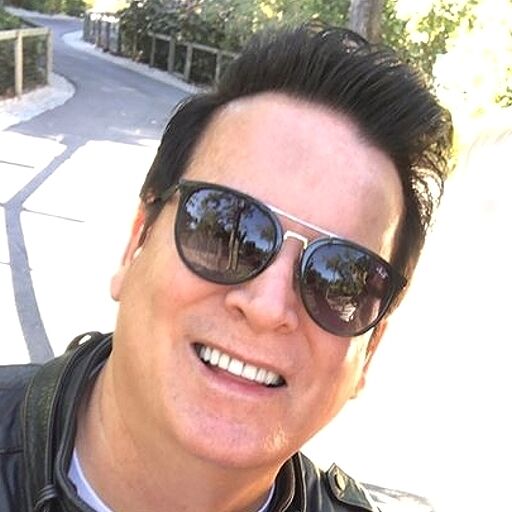 Do you write every single day?
Do you write every single day?
Yes.
Ballpoint, uniball or fountain pen?
Ballpoint.
Any writing rituals?
A cup of coffee, first.
What’s the worst job you’ve had?
I worked in a call center when I was twenty-one selling cleaning solvents to farmers. The pressure to sell from management was horrible, but I was doing great until a farmer in the Mid-West told me the stuff my company was selling was a scam. I quit that day.
Tell us some more about your book.
My novel is one of the few out there about immortality that doesn’t include vampires.
Are you planning to adapt any of your stories to the screen?
I’ve been offered a movie option by a well established production company. My attorney is reviewing it.
How hard is it to establish and maintain a career in writing?
I’ll know the answer to that in a year!
Any last thoughts for our readers?
Never stop reading and never stop writing!
